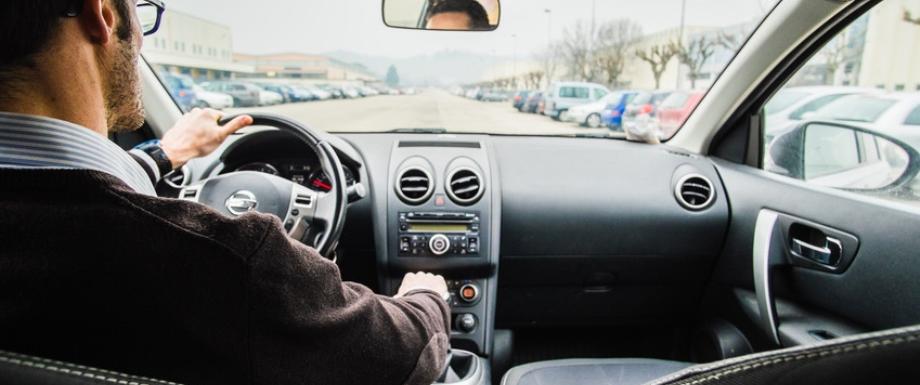
Company Cars Fringe Benefit to Become Kilowatt-Based
From the new year, the procedure for taxing company cars will change. When using the company car for work and private purposes it is no longer required to keep a logbook and there will no longer be the 256-euro maximum limit for fringe benefit. Using a vehicle for mixed purposes, a kilowatt-based fringe benefit price will be applicable from now on. In case of vehicles that are up to 5 years old, the fringe benefit price rate will be 1.96 euros per kW, in case of vehicles that are older than 5 years, the rate will be 1.47 euros per kW. A similar calculation may be applied for trucks with the full load of up to 3,500 kilograms, when they are used for trips not related to business.
See more: Income Tax Act
In the Chamber’s opinion, losing the logbooks is a positive change, but the positive impact is reduced by the tax rate. The fringe benefit price rate of 1.96 euros is too high and makes using some cars for personal trips more expensive, depending on the age and capacity of the vehicle. For example, if a logbook has been kept on a vehicle of 130 KW, which is up to 5 years old and the monthly fringe benefit price has been less than 256 EUR, then with the rate of 1.96 EUR/kWm the price of fringe benefit would be higher than before. Additionally, the differences in the kilowatt prices mean that in case of vehicles with the same capacity, the use of an older car may be less costly than using a new car. For example, the fringe benefit price of a vehicle of 114 kilowatts that is up to 5 years old is 223.44 euros and in the case of an older car 167.58 euros. In the Chamber’s opinion, such price difference favours using older cars that are more burdensome for the environment and will not facilitate the renewing of the car fleet in companies. During the processing of the draft we proposed that the different price rates would not be applied and that a single kilowatt price would be established. This would ensure equal treatment for all vehicle users, would prevent market distortions and facilitate more efficient tax administration. Unfortunately, the Chambers proposal was not taken into account.
Furthermore, it should be noted that if a company vehicle is used for only business purposes, a company has to inform the Tax Board thereof when the vehicle is taken into use. The Tax Board will enter into the register that the vehicle is used only for business purposes. Owner of the vehicle does not have to pay the state fee for such entry.
Procedure for using personal passenger cars for work will not change
The employer will compensate business trips tax free to the extent of 335 euros. The compensation limit is based on calendar month and it cannot be transferred to other months, additionally, if a larger compensation is paid, the fringe benefit has to be paid for the part that exceeds the limit. When using a personal passenger car for business trips, a logbook has to be kept, where the name of the user of the vehicle, the car’s registration number, and start and end indicators of the business-related trips together with the accurate description of the nature of the business trip have to be set out.
Furthermore, upon purchasing a passenger car, the procedure for deducting input value added tax will change if the intended purpose of a vehicle purchased only for business changes within two years. The wording and content of the change are available in the Value Added Tax Act (Section 30(7)) and it can be found here: Value Added Tax Act.
The amendments entered into force on 1 January 2018.


